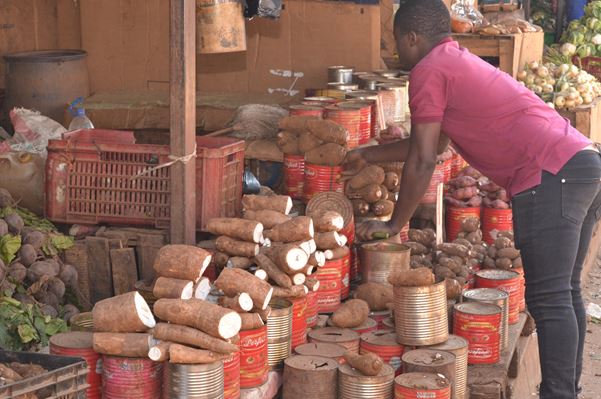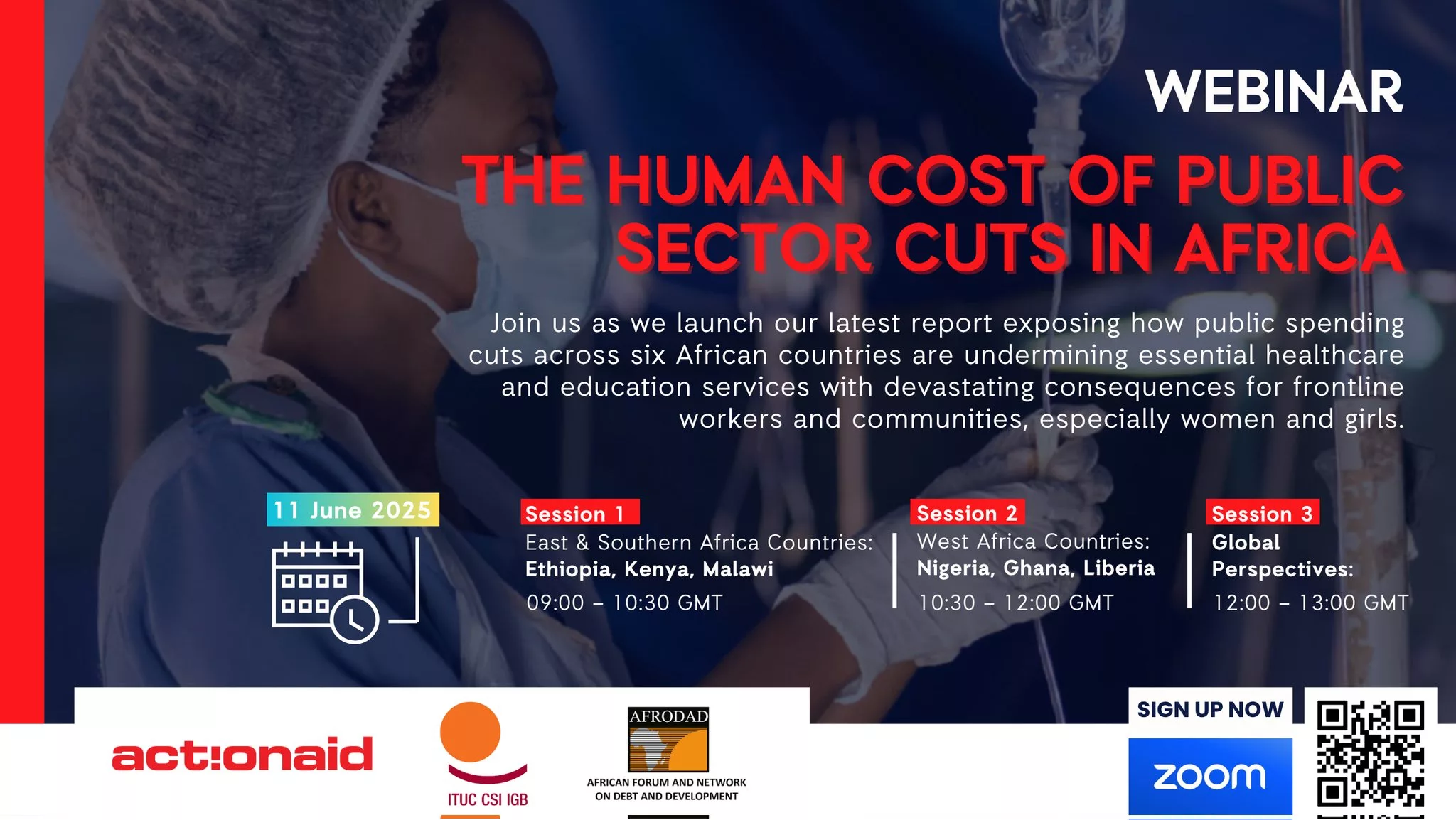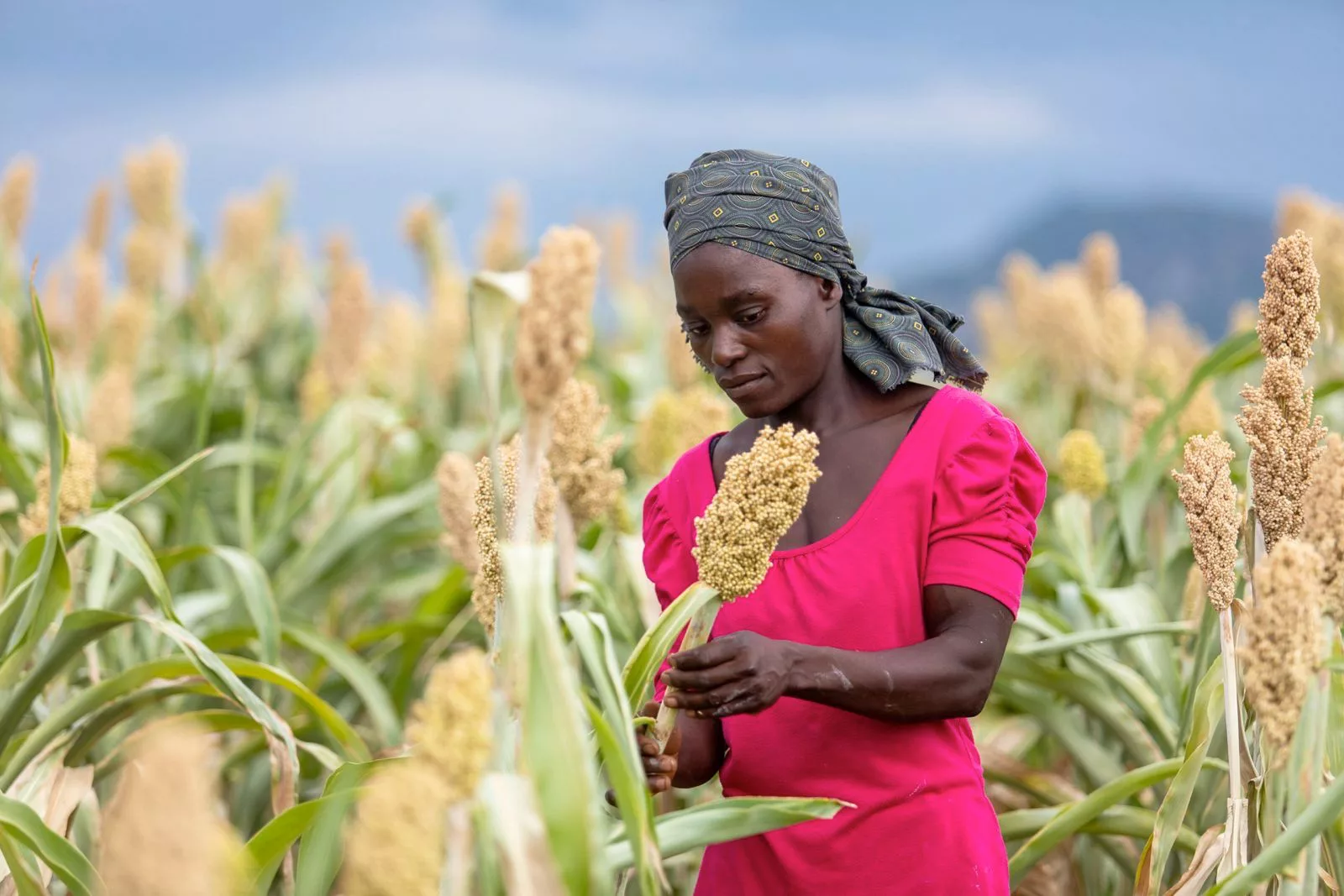By Charles Dhewa
Besides being instruction-oriented, conventional extension models were designed to promote a narrow range of hybrid crops and livestock. This has rendered extension services in many African countries unfit for the purpose given that African food systems are too broad and includes wildlife that co-exists with farmers. In most communities, baboons, monkeys, wild pigs, and even hippopotamus often invade fields and homesteads to feed on farmers’ commodities. Since these wild animals including birds cannot be locked in game reserves, they are an integral part of local food systems.
Limited information on food systems
Most government extension offices do not gather information on the entire food system but focus on conventional crops like maize and wheat as well as a bit about livestock population in the area. You will be very lucky to get information about indigenous food like small grains, indigenous vegetables, tubers, and fruits including wild fruits that are grown naturally in the community. Where crop and livestock assessments are done, they focus on a few farmed crops and animals forgetting that the food system is much broader and diverse.
When government policy is pushing industrial agriculture, it is often difficult for extension officers to promote alternative approaches like agroecology which are about producing food in harmony with nature. For instance, where extension officers preach the virtues of chemicals and fertilizer to farmers, it becomes difficult for them to preach a different gospel about farming with manure and integrated pest management to the same farmers. That is why development partners who are passionate about agroecology end up introducing alternative agroecology extension models. Competing extension messages from the government, private sector and NGOs often confuse farmers who end up not sure what really works. Handling conflicting advice from what they consider reliable sources is a big challenge for most African farming communities.
African mass markets as part of agroecology
What makes African mass markets part of agroecology is their capacity to handle diverse commodities most of which have no space in the neo-liberal western marketing system like supermarkets and processing companies. By handling diverse commodities and a wide range of economic actors, African mass markets inspire many actors like farmers and traders to share knowledge and information organically in African mass food markets daily.
Some of the insights shared in mass markets include the following:
- Rather than building the capacity of a few professionals who then work in the food processing industry, mass markets have proved that change happens when millions of people access the same information and knowledge at the same time at scale. ICTs have tried to do that by molding farmers and traders to behave and think the same. If the automobile industry has succeeded in institutionalizing the same behavior for drivers on the road in ways that ensure the uninterrupted flow of vehicles, how can the same feat be achieved around the appreciation of food systems? After all, everybody needs food.
- Continuous training without providing a market for commodities is a source of frustration for most farmers. In fact, providing a ready market for what farmers produce is the best way of advancing authentic development and self-reliance.
- Farmers should be involved in selecting private sector actors of their choice. Governments and NGOs should not impose private companies on farmers. In most cases, if you see farmers preferring to work with middlemen of their choice, they have endured a raw deal from corporates. But government always thinks corporates have the best solutions.
Mass market knowledge missing in formal education
In most African countries, what knowledge brokers are learning together with farmers, traders, consumers and ordinary people in African mass food markets is not getting into the educational curriculum. It is beyond the role of farmers and traders or mass markets to get real-life learning into the curriculum so that many people have the privilege of learning what they are learning daily. Many people including policymakers are not accessing fluid knowledge in African mass markets. If we want to make the change that we want to make in agriculture and food systems, many people have to access this knowledge. Writing books about this knowledge is part of the solution but how many people want to access knowledge through reading books? If we resort to using digital technology, we have to contend with digital illiteracy and the cost of data bundles. If we use radio, some areas are not reachable through the radio. Television is still limited to urban areas in most African countries. Ultimately, a better solution can come from a combination of all these channels and methods into one platform. However, building such a platform requires more resources.
Addressing misconceptions about middlemen
A very important stereotype that is being debunked in the African market is the misconception that all middlemen are bad apples. Besides existing at the invitation of farmers and consumers, middlemen are sometimes found promoting strong relationships and real growth. We may succeed in removing the middlemen but we will not remove the roles of the middlemen. Somebody will have to play that role. Such roles include ensuring food is delivered efficiently to the market and commodities from remote areas find their way to the market. African mass food markets are some of the few places where farmers, traders, and other actors can go and learn how to build relationships, make sense of pricing models, and appreciate the marketing process. More importantly, these markets enable farmers and traders to expand their emotional intelligence based on communication and interacting with people from other walks of life. The same does not happen in other markets like supermarkets.
AUTHOR’S DETAILS






